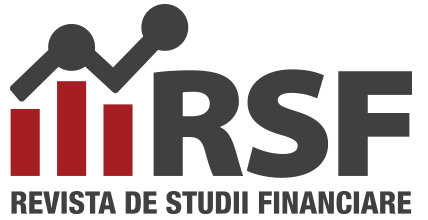Author: Dumitru Florin Moise
Vol. 9 • No. 17 • 2024
Abstract
This study analyzes the perception of Romanian farmers regarding the predictability of the institutional environment and its connection with the perception of the importance of subsidies and the financial performance they obtain. Excessive bureaucracy, frequent changes in legislation and misalignment of the objectives of various stakeholders are limiting factors in financing programs, farmers being discouraged from applying for them. The study uses the statistical method of unidirectional analysis of variances (ANOVA) to observe significant differences in the means for the perception of the institutional environment and performance indicators, and the tests are carried out using the SPSS software, on a sample of 201 companies operating in the vegetable agricultural sector. The results of the study show that farmers’ perception of the influence of subsidies seems to be subjective, based on the effort made to obtain them and less on the actual result of their use. Farmers who achieve good results in terms of return on assets and have a good liquidity position, consider the institutional environment to be predictable one, which supports them in their development and therefore, can make plans based on existing policies. The lack of confidence can be justified by poor financial results in general, the farmers’ expectations being to receive aid if the agricultural year is not a very good one.
Keywords: Institutional environment, predictability, subsidies, return on assets, return on capital, current liquidity ratio.
JEL Classification: M10, G30, Q12, Q18.
DOI: 10.55654/JFS.2024.9.17.12
